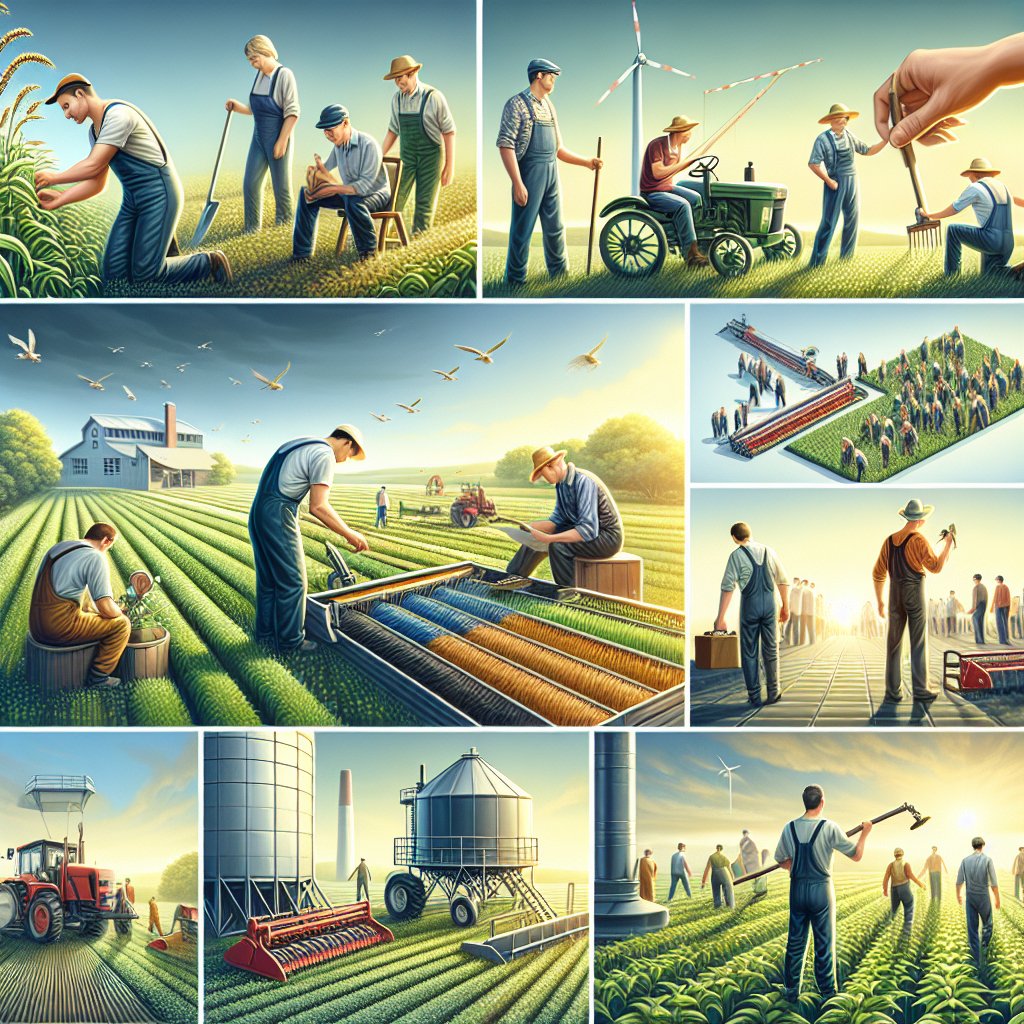Managing farm labor efficiently and ethically is a critical aspect of modern agriculture that can significantly impact productivity, worker satisfaction, and overall farm sustainability. As the agricultural sector faces increasing demands for food production, the need for effective labor management strategies becomes paramount. This article explores various approaches to optimize labor management on farms while ensuring ethical treatment of workers.
Understanding the Importance of Efficient Labor Management
Efficient labor management is essential for maximizing productivity and minimizing costs on a farm. With the rising costs of inputs and the need for higher yields, farmers must find ways to utilize their workforce effectively. This involves not only hiring the right number of workers but also ensuring that they are well-trained, motivated, and working in a safe environment.
1. Assessing Labor Needs
The first step in managing farm labor efficiently is to assess the specific labor needs of the farm. This involves evaluating the types of crops being grown, the scale of operations, and the seasonal demands for labor. Farmers should consider the following:
- Crop Type: Different crops require varying levels of labor input. For instance, fruit and vegetable farms may need more hands during harvest time, while grain farms may require less labor during the growing season.
- Seasonal Variations: Labor needs can fluctuate significantly throughout the year. Understanding peak seasons for planting, maintenance, and harvesting is crucial for effective labor planning.
- Skill Requirements: Some tasks may require specialized skills, such as operating machinery or performing quality control. Identifying these needs helps in hiring the right personnel.
2. Implementing Technology for Labor Management
Technology plays a vital role in enhancing labor management on farms. By leveraging various tools and software, farmers can streamline operations and improve communication with their workforce. Some effective technologies include:
- Farm Management Software: These platforms help farmers track labor hours, manage schedules, and monitor productivity. They can also provide insights into labor costs and efficiency.
- Mobile Apps: Mobile applications can facilitate communication between farm managers and workers, allowing for real-time updates on tasks and schedules.
- Automation: While not a direct replacement for labor, automation can reduce the need for manual labor in certain tasks, such as irrigation and planting, allowing workers to focus on more skilled activities.




